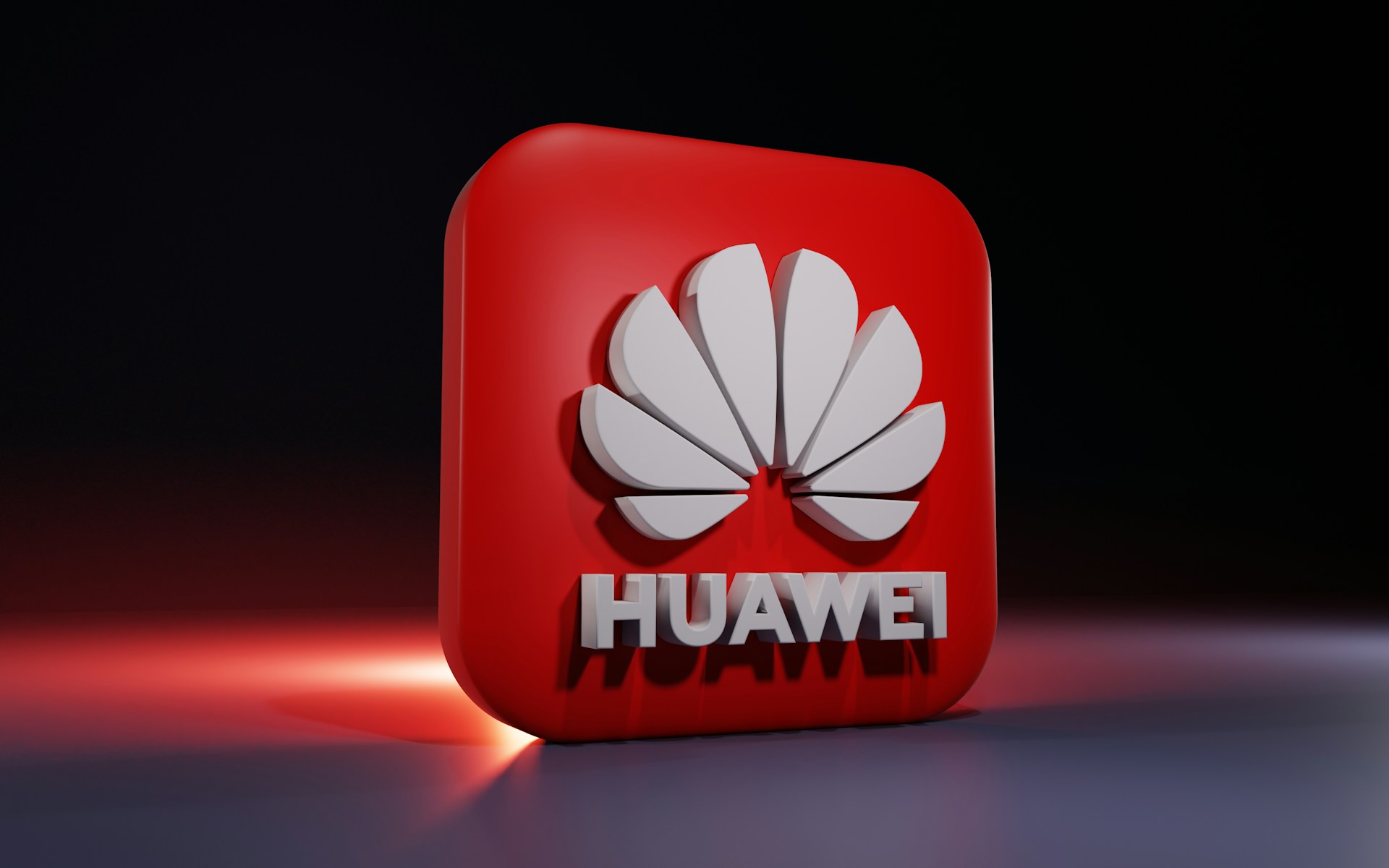The Chinese tech giant Huawei is set to unveil an AI processor this fall, potentially challenging the longstanding American dominance in the high-performance chip market. According to a report by the “Wall Street Journal” on Tuesday, the company has developed a chip named “Ascend 910C.” This new electronic component is comparable to the processors from California-based Nvidia in terms of architecture, computing power, and application possibilities.
Two years ago, Nvidia introduced its groundbreaking chips to the market, giving a significant boost to the development of artificial intelligence (AI) systems. These chips have become crucial in various fields, including autonomous driving, data centers, and advanced scientific research. However, due to trade restrictions imposed by Washington, semiconductor components of this type and performance class cannot be delivered to China. These restrictions aim to curb the technological and military advancement of the People’s Republic of China. Market observers describe this situation as a chip war between the USA and China.
As a result, Nvidia is only allowed to supply stripped-down versions of its AI chips to China. These versions lack some of the advanced features and capabilities that make Nvidia’s products so competitive. Beijing, however, is not content with these limitations and is investing vast sums of money to build its own production capabilities. The Chinese government has set ambitious goals to become self-sufficient in semiconductor manufacturing, viewing it as a strategic priority.
Huawei’s development of the Ascend 910C chip is a significant step towards this goal. The company claims that the new processor can deliver performance on par with Nvidia’s best offerings. If true, this could have major implications for the global chip industry. High-performance chips are essential for running complex AI algorithms, and gaining a foothold in this market could boost China’s position in the tech world.
Moreover, Huawei’s new chip could reduce China’s reliance on American technology. This development comes at a time when the tech rivalry between the two nations is intensifying. The United States has been taking measures to protect its technological edge, including implementing export controls on advanced semiconductor technologies and restricting Chinese companies’ access to American know-how.
The Ascend 910C is part of Huawei’s broader strategy to diversify its business and reduce vulnerability to external pressures. In recent years, the company has faced significant challenges due to U.S. sanctions, which have affected its smartphone and telecom equipment businesses. By focusing on AI and high-performance computing, Huawei aims to open new revenue streams and strengthen its position in the global tech industry.
Additionally, the development of advanced AI chips aligns with China’s national strategy to lead in artificial intelligence by 2030. The Chinese government is heavily investing in AI research and development, fostering collaborations between academic institutions, private companies, and state-owned enterprises. Huawei’s progress in AI chip development is expected to accelerate these efforts, contributing to the country’s ambition to become a global leader in AI technology.



